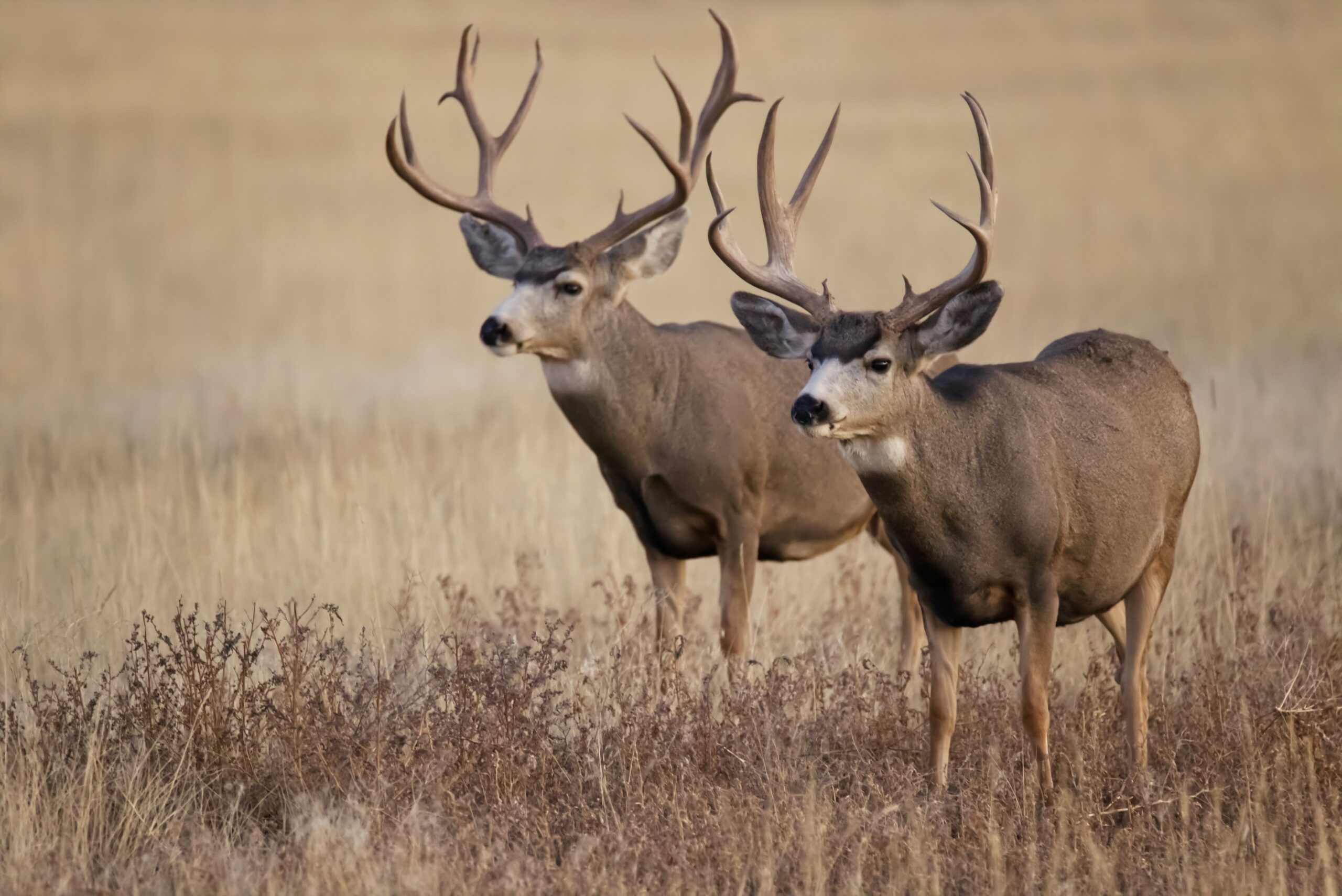Hunting is a popular outdoor activity that involves pursuing and capturing wild game. Hunting has been a part of human history for thousands of years, and is still a popular activity today for many people. In this comprehensive guide, we’ll cover everything you need to know about hunting, from the basics of hunting gear and techniques, to the ethical and legal considerations involved in hunting.
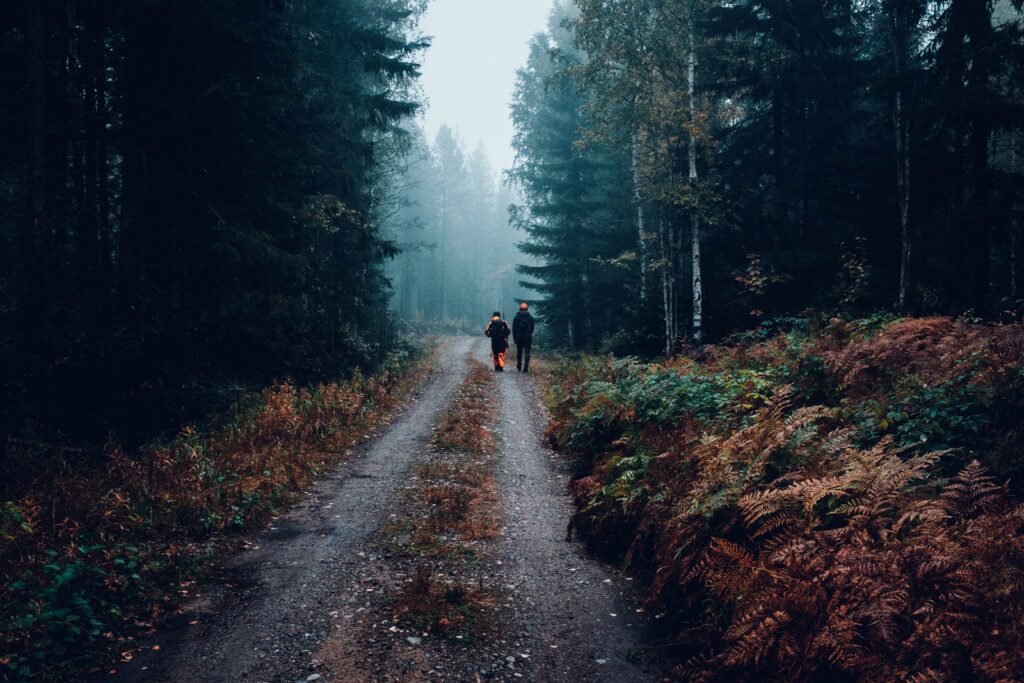
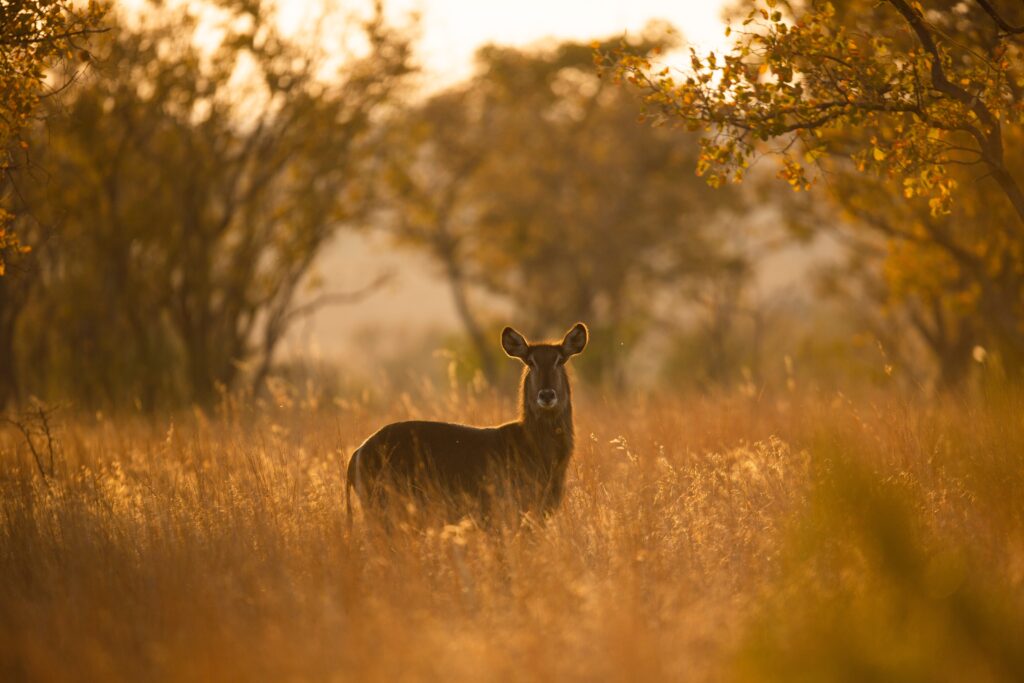
The Basics of Hunting Gear
Before you go hunting, you need to have the right gear. The most essential piece of hunting gear is a good quality hunting rifle. When selecting a hunting rifle, consider factors such as the type of game you’ll be hunting, the type of terrain you’ll be hunting in, and your personal preferences. Some popular hunting rifles include bolt-action rifles, semi-automatic rifles, and lever-action rifles.
In addition to a hunting rifle, you’ll also need a good quality hunting scope. A hunting scope allows you to see your target more clearly and accurately, and can make a big difference in your ability to make a successful shot. When selecting a hunting scope, consider factors such as the magnification, the size of the objective lens, and the type of reticle.
Other essential pieces of hunting gear include hunting boots, hunting clothing, and hunting backpacks. Hunting boots should be durable, waterproof, and provide good support for your feet. Hunting clothing should be warm and comfortable, and should be made of materials that won’t make noise as you move. Hunting backpacks should be large enough to carry all of your hunting gear, and should have a comfortable shoulder strap.
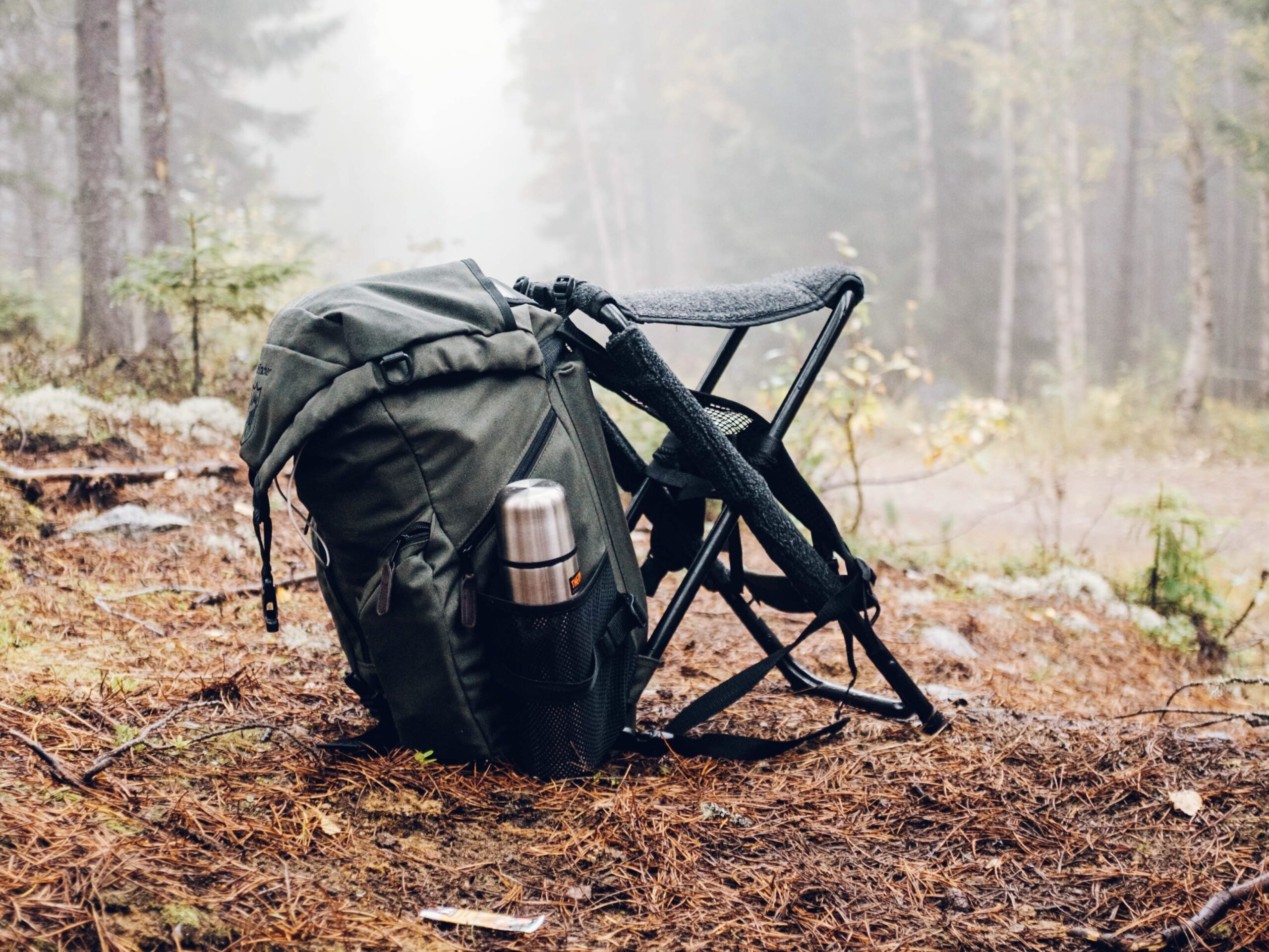
Hunting Techniques
There are many different techniques used in hunting, and the best technique for you will depend on the type of game you’re hunting and the type of terrain you’ll be hunting in. Here are some of the most common hunting techniques:
Still Hunting
In still hunting, the hunter moves slowly and quietly through the woods or other natural areas in search of game animals. The hunter actively seeks out their prey by spotting game animals and stalking them carefully until they are within range for a shot. This requires a great deal of patience, skill, and knowledge of the animal’s behavior and habitat.
Hunters who practice still hunting often use camouflage clothing and other equipment to help them blend in with their surroundings and avoid detection by their prey. They can use a variety of weapons, including rifles, shotguns, and bows. Still hunting can be done alone or with a partner or small group.
One of the benefits of still hunting is that it allows the hunter to be more active and engaged in the hunt, rather than simply waiting for game to come to them. However, it can also be challenging and requires a great deal of preparation and patience. Hunters must follow all hunting regulations and safety guidelines to ensure a safe and ethical hunt.
Stalking
It is similar to still hunting, but involves moving closer to your prey. This technique requires good camouflage, as well as a good understanding of animal behavior and wind direction.
Tree Stand Hunting
This involves climbing up into a tree and waiting for game to come by. This technique is best for hunting in open areas, where game is more likely to be visible from a high vantage point.
Blind Hunting
Blind hunting involves hiding in a camouflaged shelter, such as a pop-up blind, and waiting for game to come by. This technique is often used for waterfowl hunting, as it provides a good view of the sky.
Go afield with a good attitude, with respect for the wildlife you hunt and for the forest and fields in which you walk. Immerse yourself in the outdoor experience. It will cleanse your soul and make you a better person.
Fred Bear
Ethical and Legal Considerations
Hunting is a regulated activity, and there are strict laws in place to protect wildlife and to ensure that hunting is done in an ethical and responsible manner. Some of the most important ethical and legal considerations include:
Obtaining Hunting Licenses:
Obtaining a hunting license is a critical part of legal and responsible hunting. Hunting licenses are required by law in most states and countries to ensure that hunters are knowledgeable about hunting regulations, safety, and ethics. Here are some general steps to obtain a hunting license:
- Check the regulations: Before you apply for a hunting license, research the hunting regulations in the state or country where you plan to hunt. Each state or country has its own set of regulations, including hunting seasons, bag limits, and other requirements.
- Choose a hunting course: Many states and countries require hunters to complete a hunting education course before they can obtain a hunting license. These courses cover hunting safety, laws, and regulations, as well as basic hunting techniques.
- Apply for a hunting license: Once you have completed a hunting education course, you can apply for a hunting license. The application process varies by state or country, but typically involves filling out an application form and paying a fee. You may also need to provide proof of completion of a hunting education course, identification, and other documentation.
- Obtain additional permits: Depending on the type of hunting you plan to do, you may need additional permits or tags to hunt specific species or in certain areas. Check the regulations to see if you need any additional permits and how to obtain them.
- Renew your license: Hunting licenses are typically valid for one year and must be renewed annually. Make sure to renew your license before it expires to avoid any legal issues while hunting.
Obtaining a hunting license is an important part of responsible hunting. By following the regulations and obtaining the necessary permits, you can ensure that you are hunting safely and legally while also contributing to conservation efforts.
Follow Hunting Regulations: Hunting regulations are in place to protect wildlife and to ensure that hunting is done in an ethical and responsible manner. It’s important to follow all hunting regulations, such as bag limits and hunting seasons.
Respect Wildlife: Hunting is about pursuing and capturing wild game, not destroying it. It’s important to respect wildlife and to take only what you need for food or sport.
Avoid Hunting in Prohibited Areas: Some areas are designated as wildlife refuges or protected areas, where hunting is prohibited. It’s important to avoid hunting in these areas to protect wildlife and to maintain the balance of ecosystems.
Respect Private Property: Hunting is often done on private land, and it’s important to respect the property rights of landowners. Obtain permission from landowners before hunting on their property, and be respectful of their property.
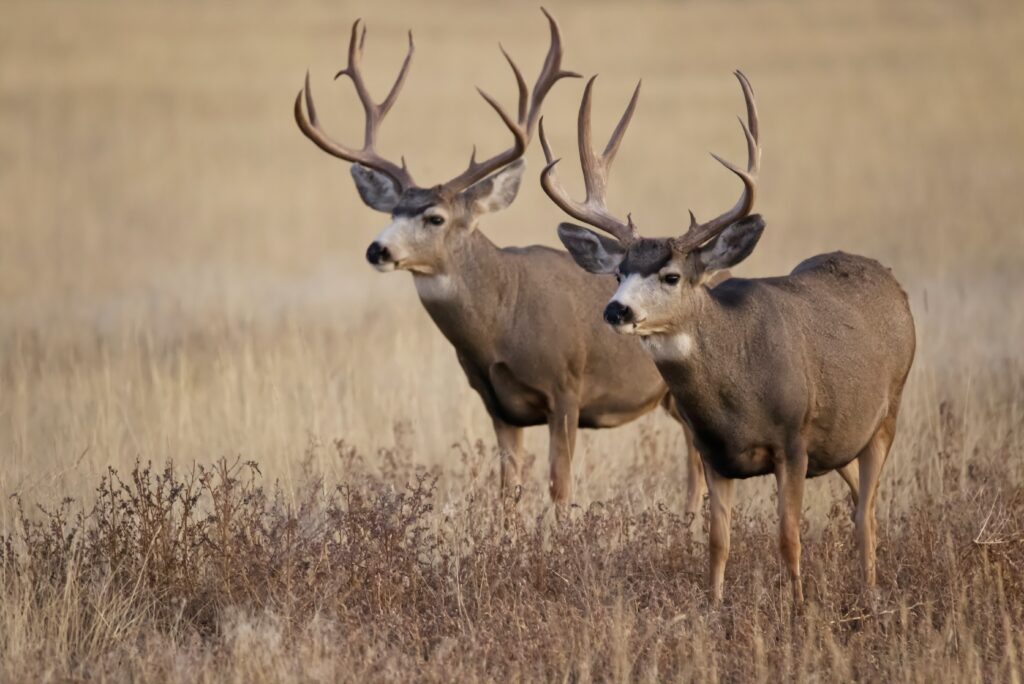
Conclusion
Hunting is a popular outdoor activity that requires the right gear, the right techniques, and a respect for ethical and legal considerations. By following these guidelines, you can enjoy hunting in a safe and responsible manner, and pursue your passion for the great outdoors. Whether you’re a seasoned hunter or just starting out, the thrill of the hunt will always be a part of the human experience.
